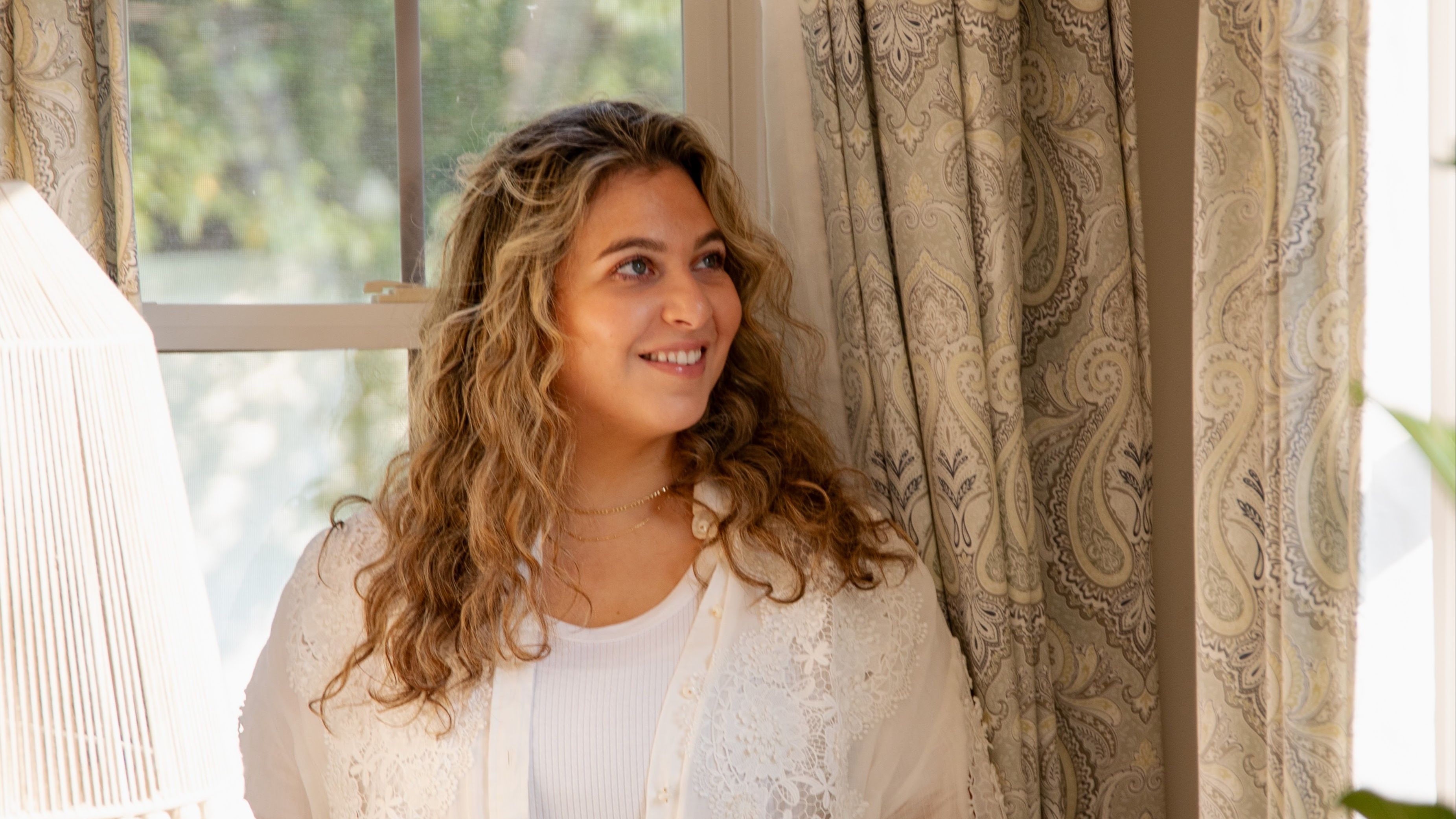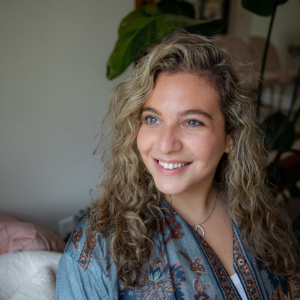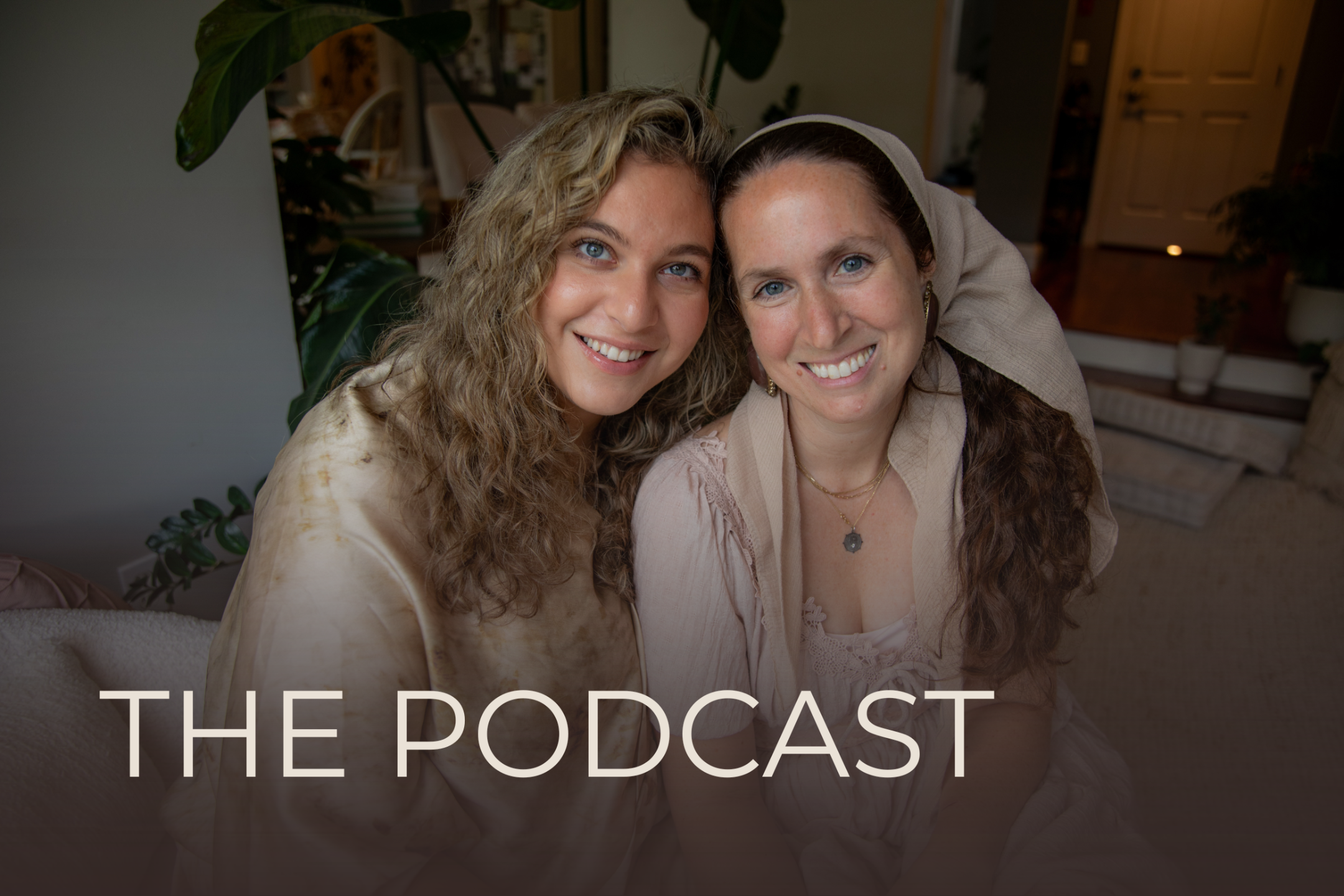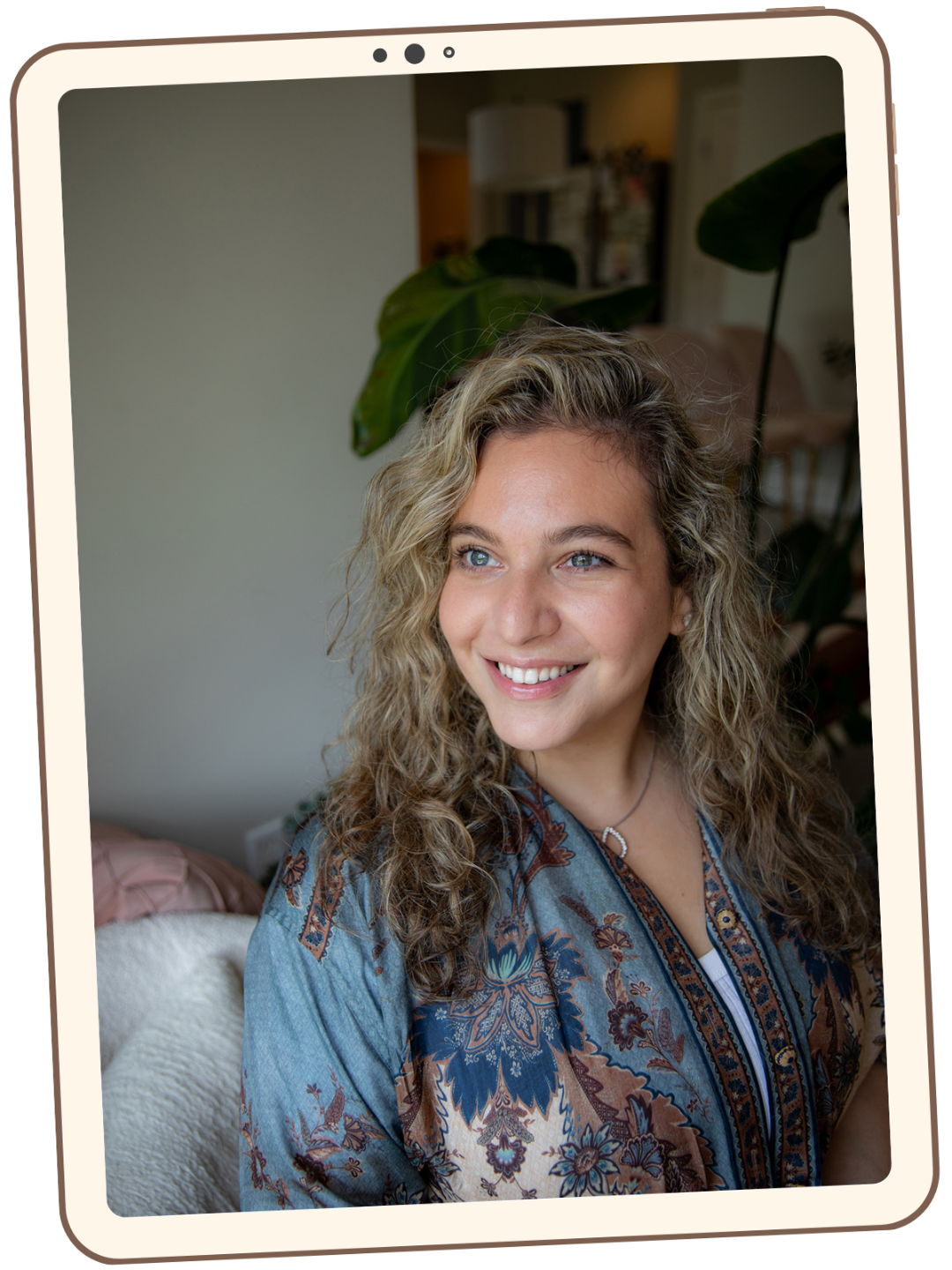
The Art of Space Holding and Facilitation
Sep 06, 2025Facilitation and holding space is a real art. I want to discuss three aspects of facilitation that I think can often be missed—or where some components might be absent from the whole of facilitating and holding space. These are capacity, love, and embodiment.
Capacity
Capacity is the experience of having the nervous system range and space for your clients. Of course, capacity could be defined in many different ways, but in terms of holding space, this is how I define it. Many practitioners are very well-intentioned. They have a lot of love. They might even have substantial knowledge that is embodied, but they don't necessarily have the capacity or the bandwidth or the range.
Maybe this is because they don't have capacity for their own feelings. Maybe it's circumstantial—perhaps they're going through something difficult in their life, and they don't have the amount of capacity and range that their clients really need in order to be held in their fullness.
I heard a story today that propelled me to address this topic. One of my clients told me that she was working with a space holder, a facilitator, who told her repeatedly that she was "too much"—like there was something wrong with her, something excessive about her. The client didn't fully understand, but she internalized what this practitioner was saying and added to her beliefs that she was too much.
Months or perhaps a year later, the practitioner came to her and—kudos to this practitioner, it takes a very honest person to do what they did when they know better and do better—she said, "Actually, I was projecting that onto you. You are not too much. I have learned in my own therapeutic process that I don't have the capacity for my own emotions and therefore your emotions, which were maybe big, I did not actually have space for them in my office." She apologized deeply and let my client know that she might not be the best fit as a practitioner.
My client was so grateful. She said, "Wow, such integrity." She was also sad because she wished her practitioner could have known that it was an option to turn her down if it wasn't the right fit.
Capacity matters. It's okay to have boundaries with our clients. They don't need to emote at all times. It's actually really important to teach our clients maturation, and range includes boundaries and structure. But there's a difference between boundaries because of integrity, boundaries to help our clients, and boundaries because we actually can't handle the full range of human emotions that our clients might have.
Love
If you don't love your clients, do not work with them. If there is a client that you feel triggered by, or there's a transference issue, or they remind you of your mother and you can't get past it—whatever it is—it's okay. We're human. But please, choose not to work with them or choose to be in supervision and work on yourself.
It is incredibly important to love our clients. When I went to social work school, they didn't talk about this, but I see more and more that love heals. When we can truly love, first and foremost ourselves, and then overflow that love to our friends, our clients, and those around us, that is what helps people heal. So much of trauma is this perceived lack of love. When clients can really experience clean, boundaried, and embodied love, it can change their nervous system structure and their entire world.
So please love your clients, and if there's a barrier to that, then don't work with them.
Embodiment
You can go to every training, learn every modality, get every last question answered, accumulate knowledge, and so much knowing. But if we are not being and striving to be the thing that we're teaching, if we're not being ourselves, if we're not being human, if we're not being our soul, then we are not embodying what we are teaching, and our clients will not move the needle on their growth and progress.
Having all three components—having an authentic knowing of our capacity (there's no better or worse, it's just a matter of being honest about it)—is essential. For those of you who have a lot of capacity, be honest with that also. It's okay to own that. It's okay to use it. We all have our gifts. I know for myself that God gifted me in this season of my life a lot of energy and capacity, and I'm going to use it because that is the purpose of our gifts: to use them.
Not having as much capacity is also a gift. It gives you certain other gifts. It gives you a connection to humanity. It gives you compassion for people's overwhelm. There is no right or wrong way. Just know where you are in this season.
The art of space holding asks for deep self-awareness, deep self-honesty, and constant response-ability.
We must love our clients. We must love ourselves more. We must have boundaries. Boundaries are a form of love. Boundaries are love itself. I have met practitioners who love their clients so much that they give their clients more than they have, and then they have to break up with them. Something has to give. Too much love is not love; too much love is codependency. Too much love is too much output and not enough input. In order to give real love, we need to receive deeply.
Lastly, embodiment: speaking and being who we are. Not only teaching something but living it. Teaching our clients through being ourselves. Showing up as our authentic selves. It's the way we all heal.
Wherever you are, there's no bad or good. There's no fast way or long way or short way to get somewhere. But staying in integrity with these three things is what will lead you and your clients to the most profound integration that they can possibly have.
I am grateful to God for the opportunity to do this work, for the opportunity to continue to have self-awareness and responsibility, for the opportunity to choose to be alive and embodied in it all, for the opportunity to choose to surrender to my capacity or to grow my capacity in each and every moment, and for my opportunity to love myself and others in a way that feels revolutionary and like such a deep blessing.








